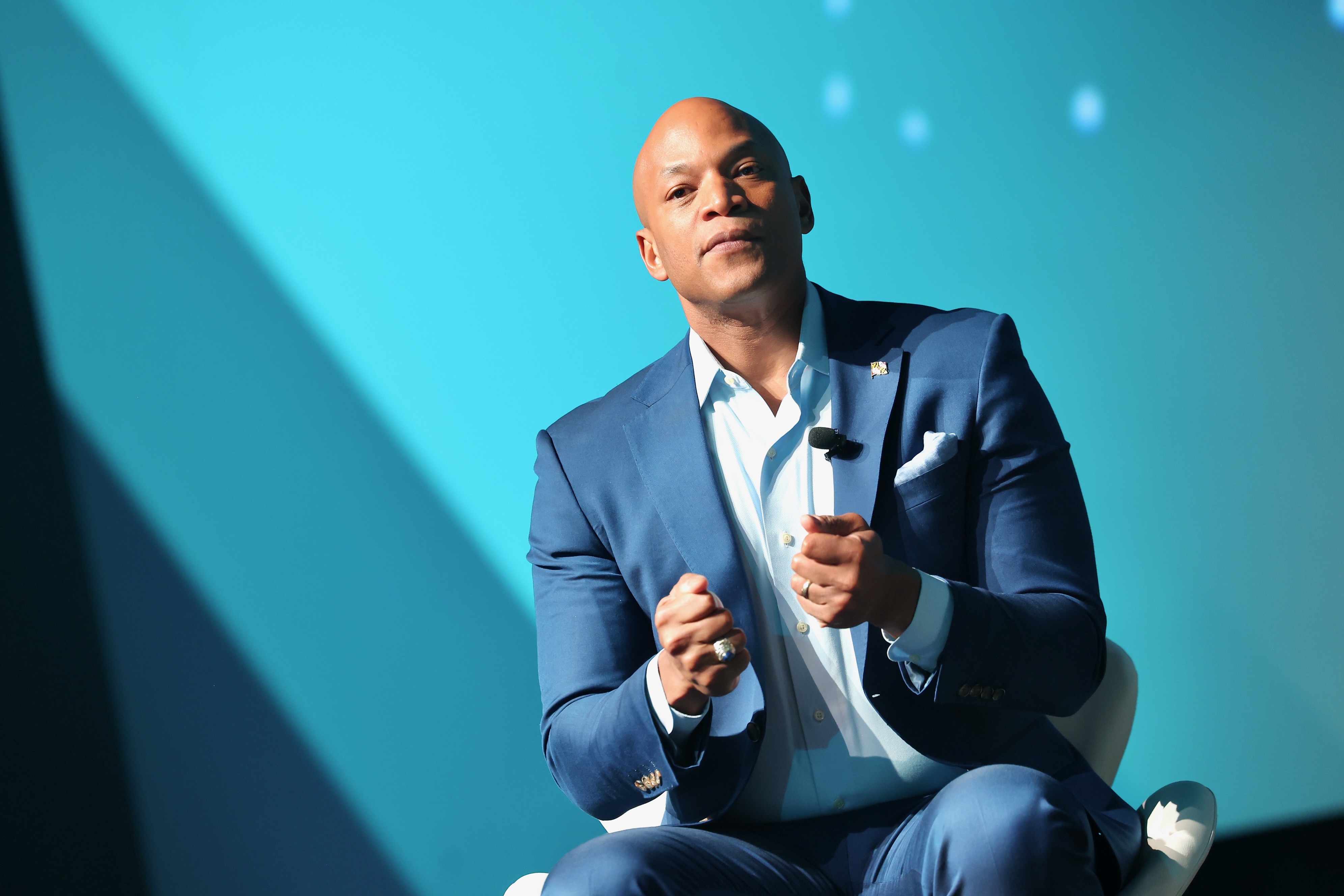What's New
As the United States braces for President-elect Donald Trump to enact a hard-line immigration agenda, advocacy groups are advising immigrants about their rights and how to take necessary precautions amid heightened concerns over mass deportations.
Workshops, such as one hosted by the Coalition for Humane Immigrant Rights in Los Angeles, emphasize strategies such as designating caretakers for children, recognizing the necessity of a judicial warrant and exercising the right to remain silent.
"We already know this administration," Winston Leiva told participants of a bilingual workshop in Los Angeles for immigrants who want to stay in the United States. "The truth is we don't know to what extent it will affect us."

Why It Matters
Trump made strict immigration measures a core component of his return to the White House. Along with carrying out mass deportations, his second administration's agenda includes ending birthright citizenship for the children of immigrants, which would overturn 120 years of precedent.
What To Know
Amid concerns over the administration's plan to end birthright citizenship, advocacy groups have reassured immigrants of their rights.
Hollie Webb, the supervising attorney for Al Otro Lado's Border Rights Project, told Newsweek: "The 14th amendment is extremely clear—it says that 'all persons born or naturalized in the United States' are citizens. The Supreme Court reaffirmed in 1898 that those words mean what they say—if you're born in the U.S., you are a citizen."
"We're going to end that because it's ridiculous," Trump said in an interview with NBC's Meet the Press on December 8.
In an interview with Tom Homan, Trump's border czar, CNN's Kaitlan Collins said Trump's pledge to end birthright citizenship "is no easy feat, given that it is enshrined in the Constitution."
"I kind of disagree with you. I don't think it's enshrined in the Constitution at all—not the way I read it," Homan replied. "But then again, I'm not a constitutional scholar. We'll let the courts decide that on the birthright citizenship."
The Constitution's 14th Amendment says: "All persons born or naturalized in the United States, and subject to the jurisdiction thereof, are citizens of the United States and of the State wherein they reside. No State shall make or enforce any law which shall abridge the privileges or immunities of citizens of the United States; nor shall any State deprive any person of life, liberty, or property, without due process of law; nor deny to any person within its jurisdiction the equal protection of the laws."
Connecticut Students for a Dream, an advocacy group supporting undocumented youth, recently organized a session in Danbury, a city known for its immigrant community, with residents from Ecuador and the Dominican Republic, among other countries. During the session, organizers emphasized that migrants were not obligated to speak with immigration agents if they came to their doors. In a Facebook post, the group also cautioned, "If you choose to speak, remember not to lie."
Immigrant rights advocates in New Haven, Connecticut, have also conducted sessions at local high schools.
Elsewhere on the East Coast, the Florida Immigrant Coalition has offered free clinics to help thousands of immigrants who may have a pathway to legal status but can't afford a lawyer.
Immigrant rights advocates have reported a surge in calls from individuals with various immigration statuses, including naturalized U.S. citizens.
Many express concerns about how the administration's policies may affect them and their families—particularly the U.S.-born children of parents who may face deportation. In response, advocates are encouraging families to prepare legal documents as a precautionary measure.
National Immigrant Justice Center attorneys who aid in running a legal help desk said they were trying to resolve as many cases as possible before Trump took office.
What Are People Saying
Lisa Koop, the National Immigrant Justice Center's national director of legal services, said: "It feels a little different because we have a clear expectation of what is coming. It is demoralizing that the electorate lived through what happened last time and decided to go back to it."
Renata Bozzetto, the deputy director at the Florida Immigrant Coalition, said: "We know that separation is an issue, and we want to make sure that families are prepared for who takes care of their children, who takes care of their property."
What Happens Next
With less than a month until his return to the White House, Trump has vowed to launch the largest deportation operation in U.S. history, and he is expected to sign a raft of executive orders on "Day 1" of his presidency, focusing on mass deportations and enhanced border security.
The president-elect has also promised to shut down the CBP One asylum application app, end catch-and-release, reinstate the Remain in Mexico policy and take decisive action to secure the border as part of his aggressive stance on immigration.
However, the former and future president will likely face a flurry of legal action from advocacy groups ready to oppose his agenda.




















 English (US) ·
English (US) ·